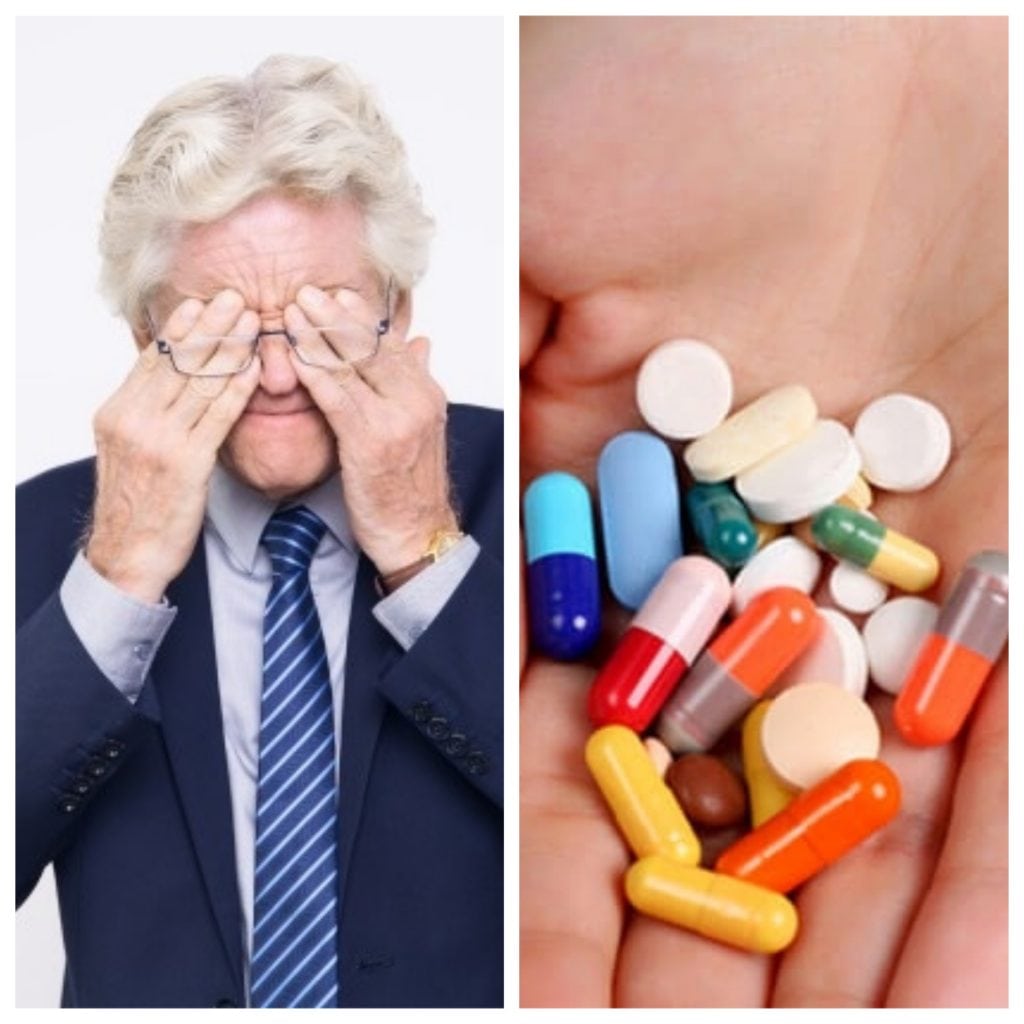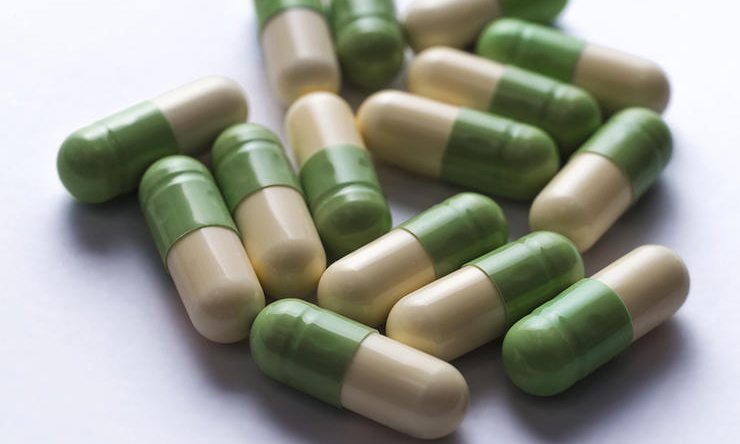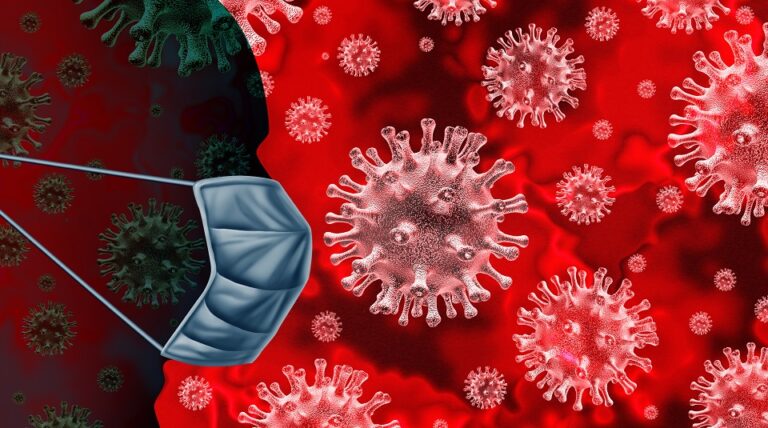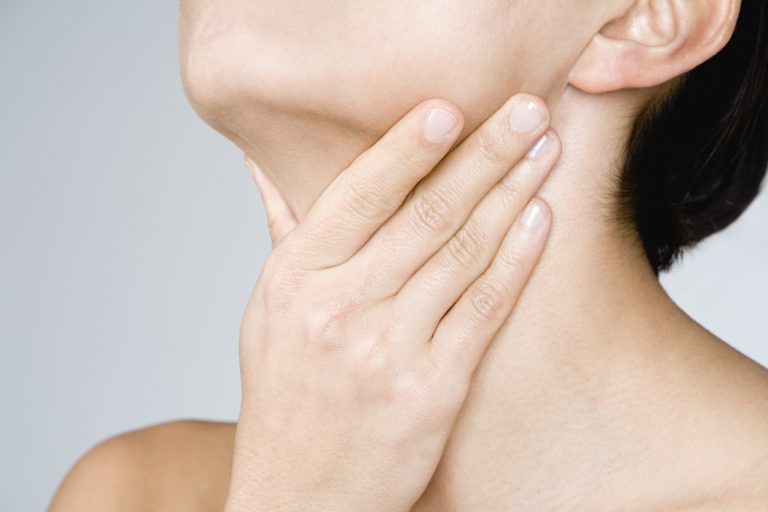
You have dry eyes
Although this might seem contradictory, having dry eyes could actually cause watery eyes, says Douglas Lazzaro, MD, an ophthalmologist at NYU Langone Health. Dr. Lazzaro explains that this is a reflex as the eyes tear in response to dryness of the ocular surface, including the outer layer of the cornea, the tears, the conjunctiva, and the margin of the eyelids.
“The corneas are very innervated [supplied] with nerves,” Dr. Lazzaro says. So, when the eye surface is not appropriately smooth or is dry, the nerves send an impulse to the lacrimal gland to secrete extra, watery tears, according to Dr. Lazzaro.
You’re taking certain medications that cause dry eye
Dryness from certain medicines leads to watery eyes, and the list of culprits is long, according to Ray Chan, MD, an ophthalmologist at Texas Health Arlington Memorial Hospital. Common offenders include everything from chemotherapy drugs, diuretics, antihistamines, decongestants, and antidepressants.
“Antihistamines and decongestants work to decrease mucus and aqueous production in the body to help stop a runny nose or itchy skin,” Dr. Chan says. “However, this also decreases the aqueous production of the tear film and leads to tear-film dysfunction and subsequent dry and watery eyes.” Antidepressants cause watery eyes by interrupting the signals between nerve cells, which can affect nerve signals to the brain pertaining to tear production.

























